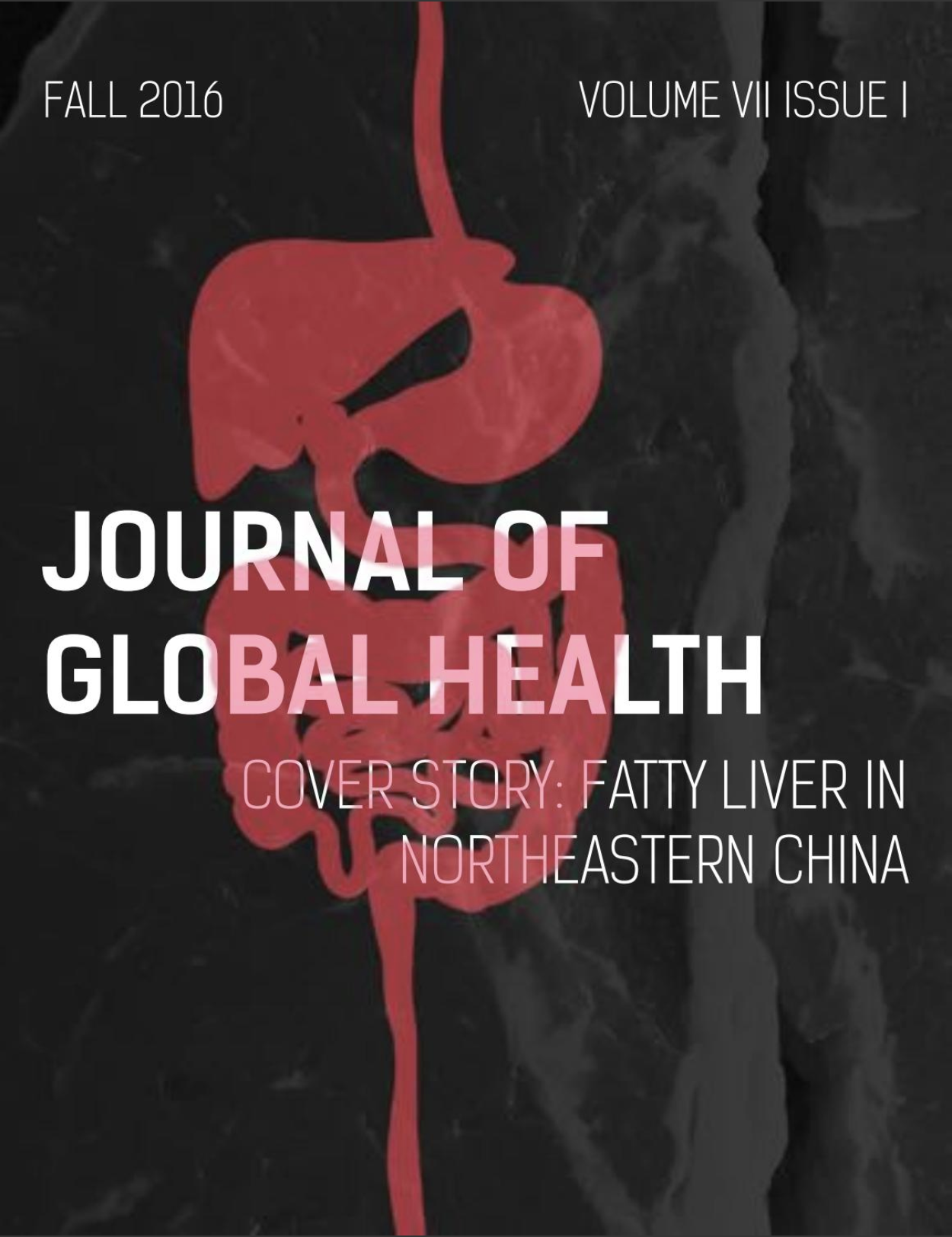Potential Role for Institutional Review Boards in Curbing Medical Voluntourism in Global Health at American Academic Centers
Main Article Content
Abstract
Across disciplines, consensus exists that medical voluntourism (as practiced by US-based health care professionals and professionals-in-training) is of questionable benefit to overseas health care practitioners and systems. This concern stands in sharp distinction to the increasing quantity of US-based global health activities, widely deemed “voluntouristic.” is laxity in standards runs counter to the high level of self-policing otherwise seen in medicine. Various degree programs and certificates have been either created or proposed with the aim of identifying those passionate about long-term global health work but these programs have ultimately failed to reduce the incidence of global health voluntourism. To address the persistent concern of voluntourism, Institutional Review Boards (IRBs) might perform the role of adjudicating the appropriateness of proposed global health work for US-based academic health care professionals. This role would ultimately not be punitive, but instead it would serve to support committed practitioners while critiquing those in need of additional oversight. Such a system would add work to an already overburdened IRB system and would require new forms of expertise from IRBs. Despite these anticipated challenges, there is a need for formal, institutionalized review of all global engagement at the level of the individual. IRBs could perform such a role in ethically consistent but flexible ways.

